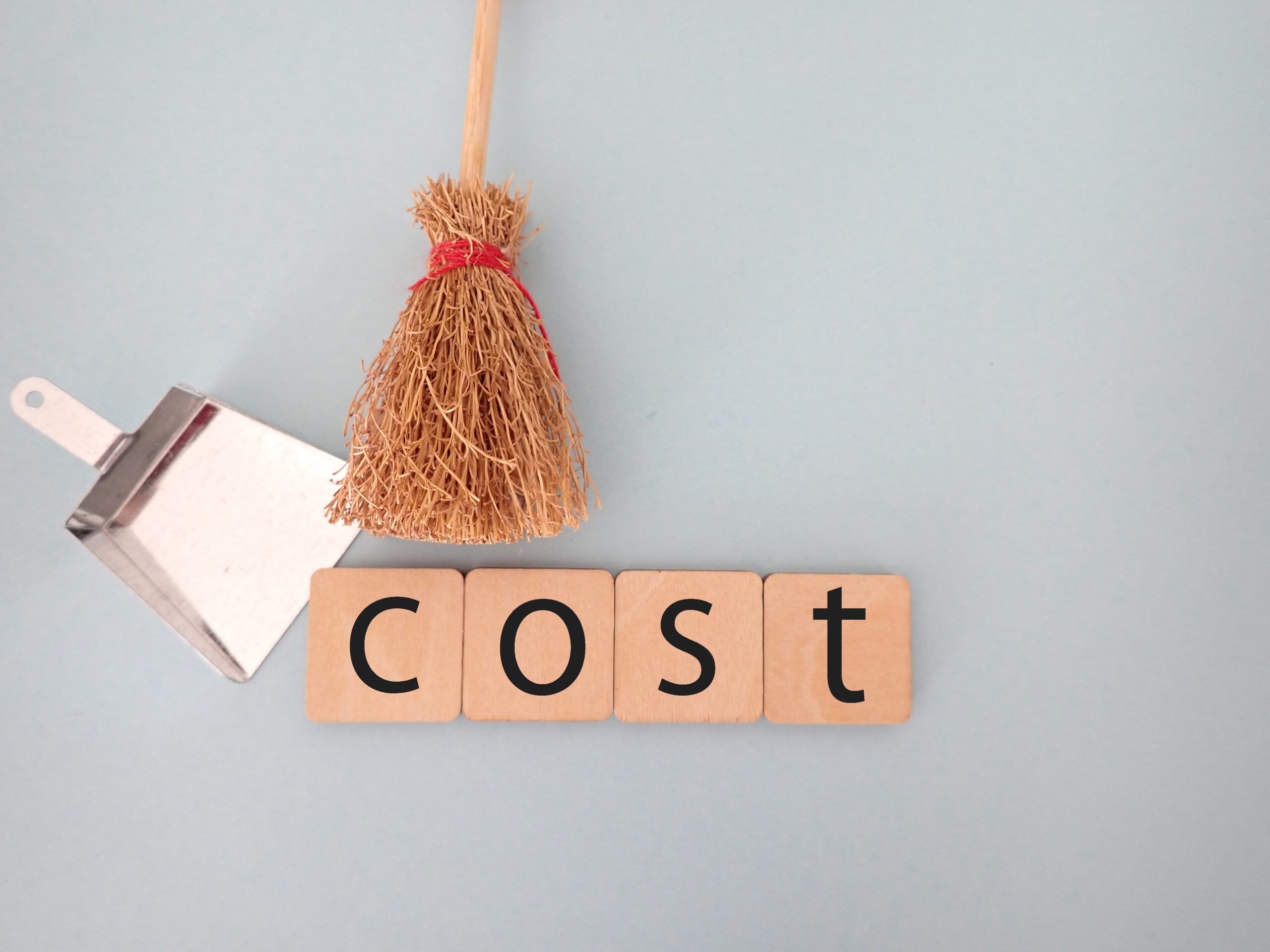“82% of business failures are caused by cash flow, so it’s important to trim down the unnecessary business costs.” – Eagle Business Credit.
In today’s competitive business landscape, small and medium-sized businesses (SMBs) must continuously seek ways to optimize their operations and minimize unnecessary costs. By identifying and eliminating extraneous expenditures, SMBs can enhance their financial health and gain a competitive edge. This blog post explores practical tips that SMBs can implement to eliminate unnecessary business costs, paving the way for improved profitability and long-term success.
What is an Unnecessary Business Expense?
Unnecessary business costs are expenditures that do not provide significant value or directly contribute to the core operations and goals of the business. These expenses can be reduced or eliminated without compromising the company’s essential functions. Businesses can improve their financial efficiency and profitability by identifying and addressing unnecessary costs.
What are the Causes of Unnecessary Business Costs?
Lack of cost awareness
Businesses may need a clearer understanding of their expenses or to track them effectively, accumulating unnecessary costs over time.
Inefficient processes
Operational inefficiencies, such as redundant tasks or outdated procedures, contribute to unnecessary costs by wasting resources and increasing expenses.
Over-Reliance on Outdated Technology
Outdated technology or systems can result in higher maintenance costs, lower productivity, and missed opportunities for cost-saving innovations. For example, evidence has proven that older employee time-tracking systems are error-prone and inefficient. Click here to learn how TimeWellScheduled can reduce unnecessary expenses!
Poor Vendor Management
Choosing inappropriate vendors or neglecting to evaluate contracts and pricing regularly leads to higher-than-necessary expenses. Therefore, regular vendor reviews and negotiations are crucial.
Lack of Cost-Conscious Culture
Employees may need to be made aware of the impact of their decisions and actions on organizational expenses. A collective effort to identify and eliminate unnecessary costs is essential.
Ineffective Budgeting
Inefficient budgeting and planning processes can cause overspending and misallocating resources, resulting in unnecessary costs.
“Watch the costs and the profits will take care of themselves.” – Andrew Carnegie
Why is it Important to Reduce or Eliminate Unnecessary Business Costs?
Reducing or eliminating unnecessary business costs is essential for several reasons:
-
- It helps improve the company’s bottom line and overall profitability. By cutting expenses, businesses can increase their cash flow and allocate resources more effectively.
- Reducing unnecessary costs can contribute to long-term financial stability, allowing SMBs to weather tough times and position themselves for future success.
- Cost-cutting measures encourage businesses to evaluate their spending habits, identify areas of inefficiency, and make strategic decisions that optimize resources and improve overall financial health.
Tips for Addressing Unnecessary Expenses
Communications Services
Review services such as internet, phone, and cable and assess whether or not they support business objectives. If the services are relevant to the business, regularly evaluate the market, service providers or communications packages, promotions, or special rates for small businesses. Lastly, compare the options and see if potential savings are possible.
Credit card Payments Servers
Evaluate your current payment provider’s services to ensure fee schedules align with customer spending behavior. Compare transaction fees, processing rates, and pricing transparency among providers to ensure you receive the best value and service. Also, assess the range of payment options, features like fraud protection and data security, and the quality of customer support.
Electricity Consumption & Utilities
Analyze historical energy usage data to identify patterns and areas for improvement. Conduct an energy audit or seek professional assistance for valuable insights on energy-saving opportunities. Implement energy-efficient technologies like LED lighting, smart thermostats, and energy management systems to reduce costs significantly. Additionally, regularly monitor energy consumption, set specific targets, and promote employee awareness through training to optimize energy usage and maximize cost savings.
Unnecessary Services & Administrative Costs
List all your business’s services and administrative tasks, such as software subscriptions, memberships, vendor contracts, and routine administrative duties. Then, assess each service to determine if it directly contributes to business operations, productivity, or revenue generation and if alternatives or more cost-effective options exist. Also, Identify any redundant services that offer minimal value or duplicate functionalities.
Guest Consumables
Assess guest consumables usage and identify any areas of excessive use or waste. Research and evaluate suppliers or vendors that offer competitively priced options without compromising quality. Consider eco-friendly alternatives that can reduce waste and potential penalties in the long run. In addition, establish clear guidelines for staff to control portions and provide only what is necessary to minimize waste. Implement strategies like offering straws upon request or using dispensers for napkins and bags to regulate consumption. Continuously track the usage and cost of guest consumables. Regularly review the effectiveness of cost-saving measures and make necessary adjustments to optimize and reduce expenses.
“Not wasting money is the best way to save money.” ―
By understanding where wasteful costs can be eliminated, SMBs can significantly impact their bottom line and become more competitive. This blog post provided practical tips for SMBs to optimize budgets and identify unnecessary expenditures. Taking actionable steps to eliminate wasteful business expenses is essential for the long-term financial health and success of SMBs—knowing how and where funds are being allocated provides the opportunity to make sound decisions that positively affect future profits. In addition, with improved cost management strategies in place, SMBs now have the power to deploy resources more wisely and improve their financial performance.
Thank you for reading our article!
TimeWellScheduled is a secure online time and attendance software 100% tailored to meet your scheduling needs! In addition, TimeWellScheduled facilitates employee attendance tracking and payroll processing and enhances staff management capabilities. Plus, our service is free for up to 10 employees.
Click: here to download our (Excel) employee scheduling template: it’s free!






